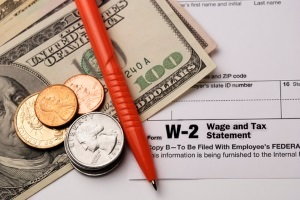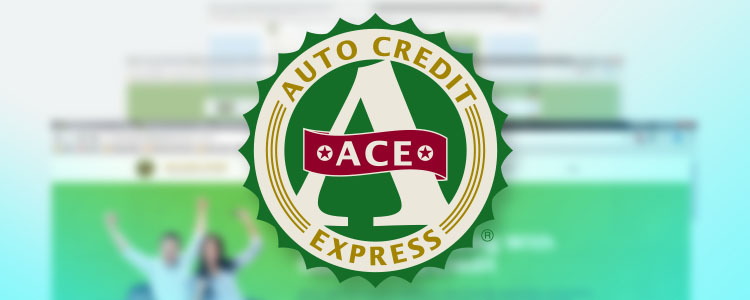Terminology varies around the world, even when you're talking about car loans. A simple phrase may have the same words, but the meaning can be worlds apart. Take the phrase “low doc” car loan, for example.
Meanings Differ Down Under
 In Australia, that phrase refers to getting a car loan when you don’t have the documentation to back up your claims of income and employment. In the land down under, this is typically used for self-employed borrowers, particularly those without the proper tax records.
In Australia, that phrase refers to getting a car loan when you don’t have the documentation to back up your claims of income and employment. In the land down under, this is typically used for self-employed borrowers, particularly those without the proper tax records.
In the US, however, “low doc” loans aren’t something we’re accustomed to. In fact, unless you have near perfect credit, it can be very difficult to get a loan without proof of income. Here, we’ll explore what kind of documentation you should expect to bring to the dealership – if you have poor credit – to prove your employment.
Income Types in the US
If your credit is less than perfect, chances are you’ll have to provide proof of your income in order to get auto financing. The type of documentation required for this depends on your type of employment:
- Employee: This is the standard working classification in the US. People in this category may also be referred to as W-2 employees. This generally refers to the fact that you receive a W-2, and taxes are automatically deducted from your pay. You’re typically paid on a set schedule – weekly, bi-weekly, or monthly – and taxes are withheld from your paycheck each period and paid to the government by your employer.
- Self-employed: This term is typically used to describe people who work for themselves, rather than an employer. Also called independent contractors, and sometimes referred to as 1099 employees, these individuals don’t get employment taxes withheld on a regular basis, and instead are expected to pay these taxes on a quarterly basis (four times a year).
- Unearned income: People can also get income from other sources, such as social security benefits, disability, investments, retirement accounts, pension, rental, and alimony. Unearned wages aren’t always garnishable, which isn’t good from a subprime lender standpoint.
Proving Your Income to a Lender
If you have excellent credit, chances are you won’t need to provide proof of income to either a direct or indirect lender.
Although direct lenders don’t usually require proof of income, a direct loan from either a bank or credit union can be more difficult to qualify for with bad credit. People with poor credit typically need to get financing through an indirect lender that works through a dealership and will have to provide proof of income.
As an employee, you’ll typically need to provide your most recent computer-generated check stub showing year-to-date income from a single employer. The amount of income needed to get approved for a car loan varies depending on your credit and the lender. But, if you have bad credit, lenders usually require a minimum gross (pre-tax) income of $1,500 to $2,000 a month.
Self-employed borrowers often have a difficult time providing proof of income. Again, if your credit is less than perfect, your lender wants to see that you make what you say you make. In this case, the only acceptable proof is generally two to three years of tax returns.
When You’re Ready to Get a Loan
Now that you know what kind of documentation you’ll need to bring with you to the dealership, you should be more prepared for your car buying experience. If you’re ready to start, but don’t know where to begin, let Auto Credit Express help. We work with an extensive network of special finance dealers that can help you get the financing you’ve been looking for. Simply fill out our online auto loan request form today, and we’ll get to work finding you a local dealer that can get you the lender you need!
















